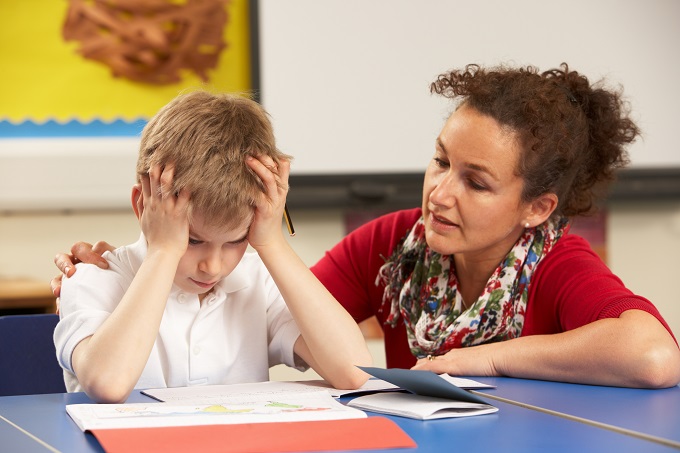Making up their minds: students need executive function

Psychiatrists generally agree that mental illness and poor sleep habits – often not mutually exclusive – create deficits in executive function. Why is this important to note?
Executive function, according to Harvard University’s Centre on the Developing Child (HUCDC), refers to the brain’s aptitude for memory, focus and discipline. Developing sound executive function skills enables children to make balanced decisions, cope better with stress and manage their time.
There are a variety of factors that can impair executive function, including adversity in young childhood, extreme stress and mental health issues like depression and anxiety. However, executive function can be improved and developed over time. Harvard calls for teachers to be trained in developing executive function skills.
“Teachers are often the first to recognise serious problems with a child’s ability to control impulses, focus attention, stay organised, and follow instructions. The consequences of mislabelling these problems as ‘bad behaviour’ can lead to a highly disrupted classroom, preventable expulsions, or the inappropriate use of psychotropic medications.”
It’s a controversial subject, and one with many hats in the ring: everybody has been impacted by mental health issues in some way. Whether they’ve experienced mental illness themselves or supported someone who has, this is an emotional topic.
New Zealand may have the biggest hat in the ring, with the highest rate of youth suicide in the OECD. Dr Prudence Stone, from Unicef New Zealand, told the BBC that this sky-high rate correlates with high incidence of child poverty, family violence and bullying.
The wider problems that face young people may be hard for us to mitigate on a day-to-day basis or in a school environment. Unless a child is in crisis, it may seem like there is not much a teacher can do to help them in a meaningful way.
Yet teaching children how to cope with stress provides tools they can use to overcome wider problems. HUCDC advocates that no-one is born with executive function skills, they are developed over time by building connections between the prefrontal cortex and other areas of the brain.
Teaching young people how to respond to their environment “with intention, not impulse” is how we can help them improve their executive function skills and with practice, those skills strengthen.
Perhaps this is why we are starting to see mindfulness come to the forefront of the education conversation: educators and academics are getting serious about making minds stronger, so that students develop the executive function they need to decision-make and cope with stress.









